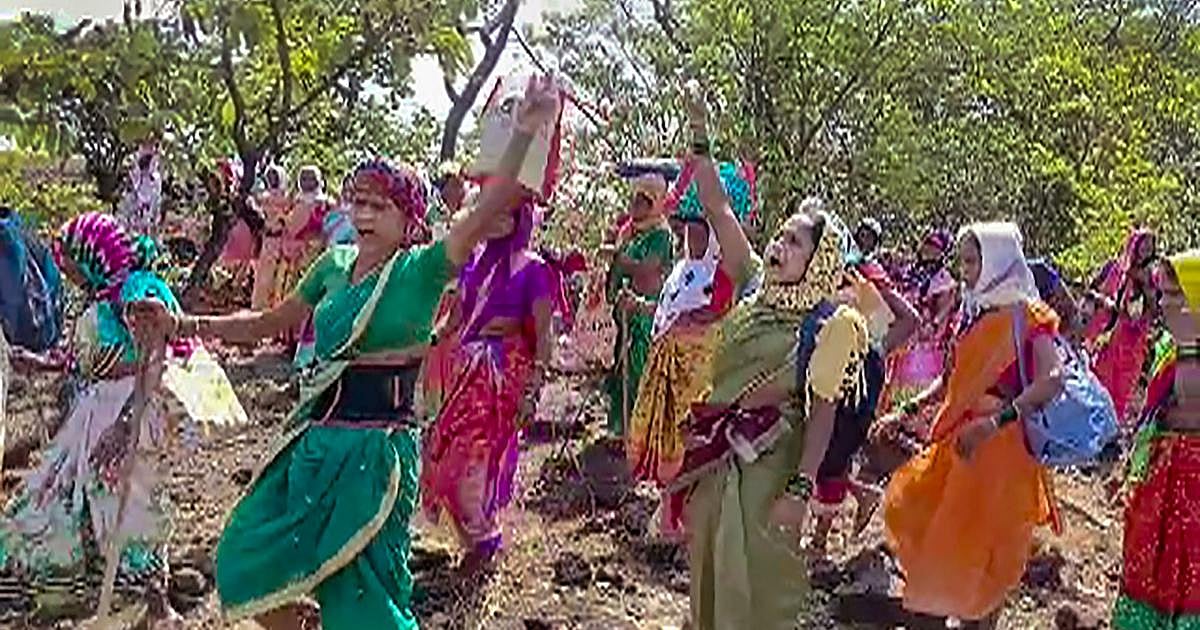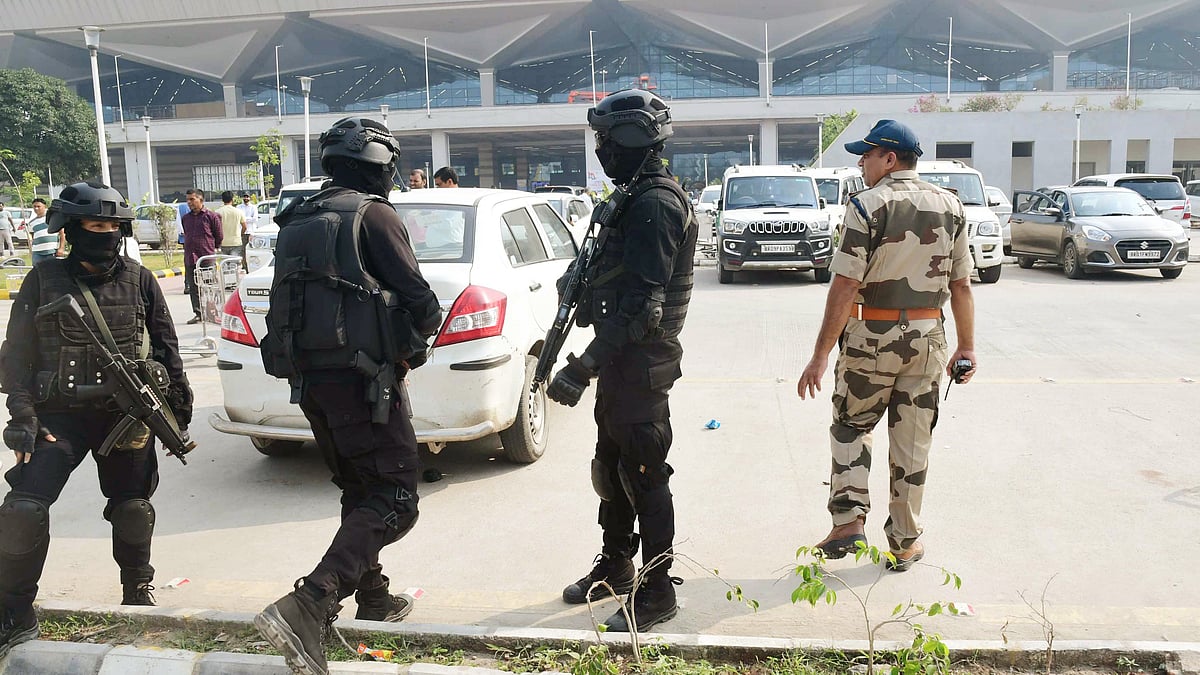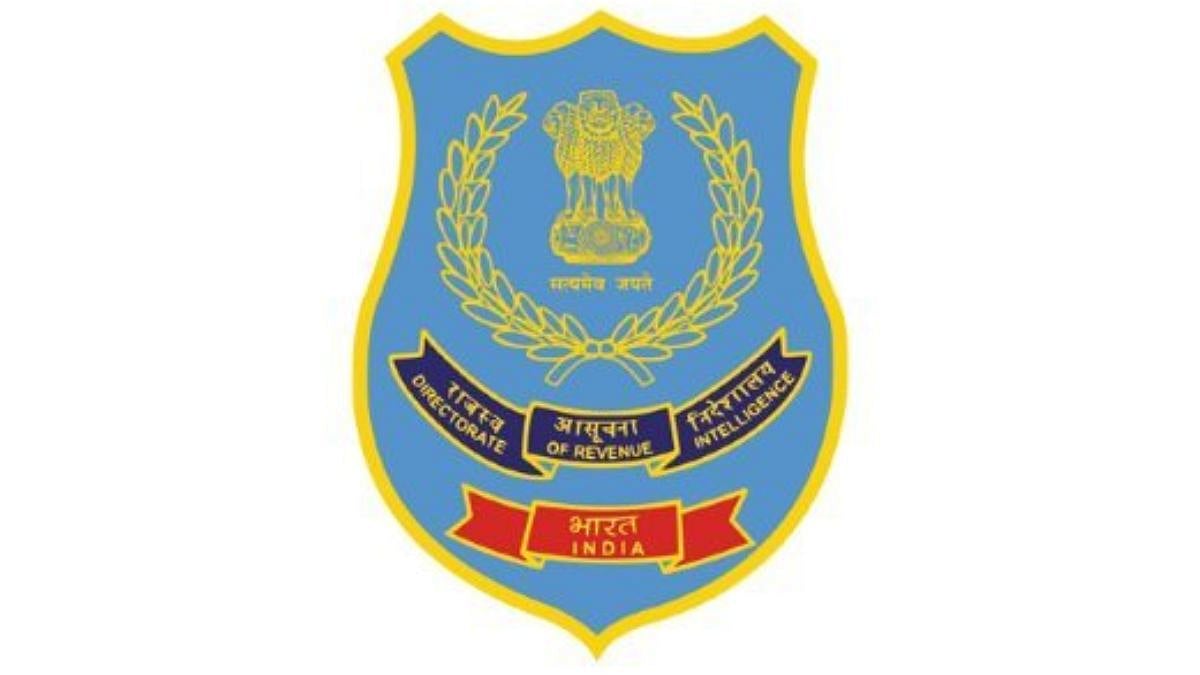The proposed setting up of an oil refinery and petrochemicals project at Barsu-Solgaon region in Ratnagiri district of Maharashtra is being opposed by the local people, on the grounds of environmental degradation, pollution, displacement and loss of livelihood.
Environmentalists and proposers of developmental projects are often at loggerheads, with each section feeling that it is right. By and large environmentalists have come up with empirical data of impact on environment and on humans, due to previous such projects, while the supporters of the projects, who primarily comprise members of the government, elected representatives of the ruling party/parties, bureaucrats and the direct beneficiaries of such projects, take a stand that the projects are in the best interest of the local people and the nation. But a common argument of those in power is that those opposing a major project are anti-people and anti-national.
Unfortunately, any opposition to a government proposal is deemed to be anti-national, instead of accepting that it is the democratic right of those opposing to have their say. In the current situation in Barsu, Maharashtra Deputy Chief Minister Devendra Fadnavis claimed in a television interview that the political leaders (obliquely referring to the Shiv Sena Uddhav Thackeray group) in the state who are opposing the project have taken a supari (contract) from some quarters to do so.
Unless there is proof to the contrary, such opposition should be taken in the right spirit and those in power should hold discussions with the opponents to understand their point of view, instead of making blanket statements against the latter.
The said refinery project was initially proposed to be set up in Nanar, also in Ratnagiri, but was stalled after it was opposed by the local people and the Shiv Sena, which was in power in alliance with the Bharatiya Janata Party (BJP) in 2015. The Shiv Sena’s opposition at that time was in support of the local people, who were opposed to the project coming up in the region.
During the 2019 elections to the Maharashtra Legislative Assembly, the Shiv Sena successfully put pressure on the BJP to drop Nanar as the project site. When Uddhav Thackeray was the Chief Minister of the Maha Vikas Aghadi government, he wrote to the Centre that the project be shifted to Barsu-Solgaon. The Eknath Shinde government is now questioning Thackeray’s opposition to the project in Barsu-Solgaon, alleging that the present opposition is part of the politics played by the Thackeray faction of the Shiv Sena. The latter’s stand is that the party will go by the will of the local people.
The oil refinery project and petrochemicals project proposed to be set-up at Barsu, is a joint venture on a fifty-fifty ratio between three public sector oil companies of India-- Indian Oil, Bharat Petroleum and Hindustan Petroleum and two foreign companies – Saudi Aramco and Abu Dhabi National Oil Company and is called Ratnagiri Refinery and Petrochemicals Limited and was formed on September 22, 2017. The three Indian oil companies have a share of 50:25:25 respectively.
The fears of the local people are justified in the sense that there will be an impact on the environment, it will lead to pollution and most importantly the local people will be displaced and will lose their source of livelihood. All these issues need to be catered to by the government.
Political leaders often feel that they understand all issues better than the experts and that can be disastrous. When Fadnavis was the Chief Minister, 2700 trees in Mumbai’s Aarey Colony were chopped to create space for the Mumbai Metro Project’s carshed. Reacting to the criticism of the action, he had stated that the land where the trees were cut is not forest land. He claimed that the underground metro project will mitigate the carbon footprint to an extent that would have needed two crore full-grown trees.
It is not known on what basis he had arrived at that conclusion. According to the European Environment Agency, a mature tree absorbs 22 kg of carbon dioxide from the atmosphere per year and in exchange releases oxygen. This means that the Mumbai metro, when completed will ensure that 59,400 kg of carbon dioxide, released by various types of automobiles will be stopped, but the claim is not based on any scientific data. Moreover, the trees that were cut in Aarey Colony would have also released the much needed oxygen.
As regards the harmful effects of oil refineries, Berkeley University has stated, quoting the California Government, that some adverse health effects living near a refinery include: increased risk of asthma, cancers, birth defects, neurological damage, cardiovascular damage, difficulty breathing and blood disorders.
It has been documented that for over five decades, international oil companies have been aware of the ill effects of fossil fuels on humans and the environment and have lobbied against clean air regulations in the West.
Learning from the studies carried out internationally, the Maharashtra government should come out with strict regulations to ensure minimum harmful effects of the proposed refinery. More important than that is to ensure that the local people are given appropriate compensation for their land, which is to be acquired for the project. This should include the cost of the land, the loss of livelihood and the value of the emotional impact of displacement.
Even as the process of land acquisition is started, the local youth should be given appropriate education, with skill development, to make them capable of employment in the project when it comes up. It has been seen in the past, that while the locals lose their land, they also lose their source of livelihood and most jobs that come up in the project, especially the prime jobs, have gone to migrants.
If these issues are not taken care of, the project can be considered to be anti-people.
The author is a senior journalist and media trainer. He tweets at @a_mokashi









